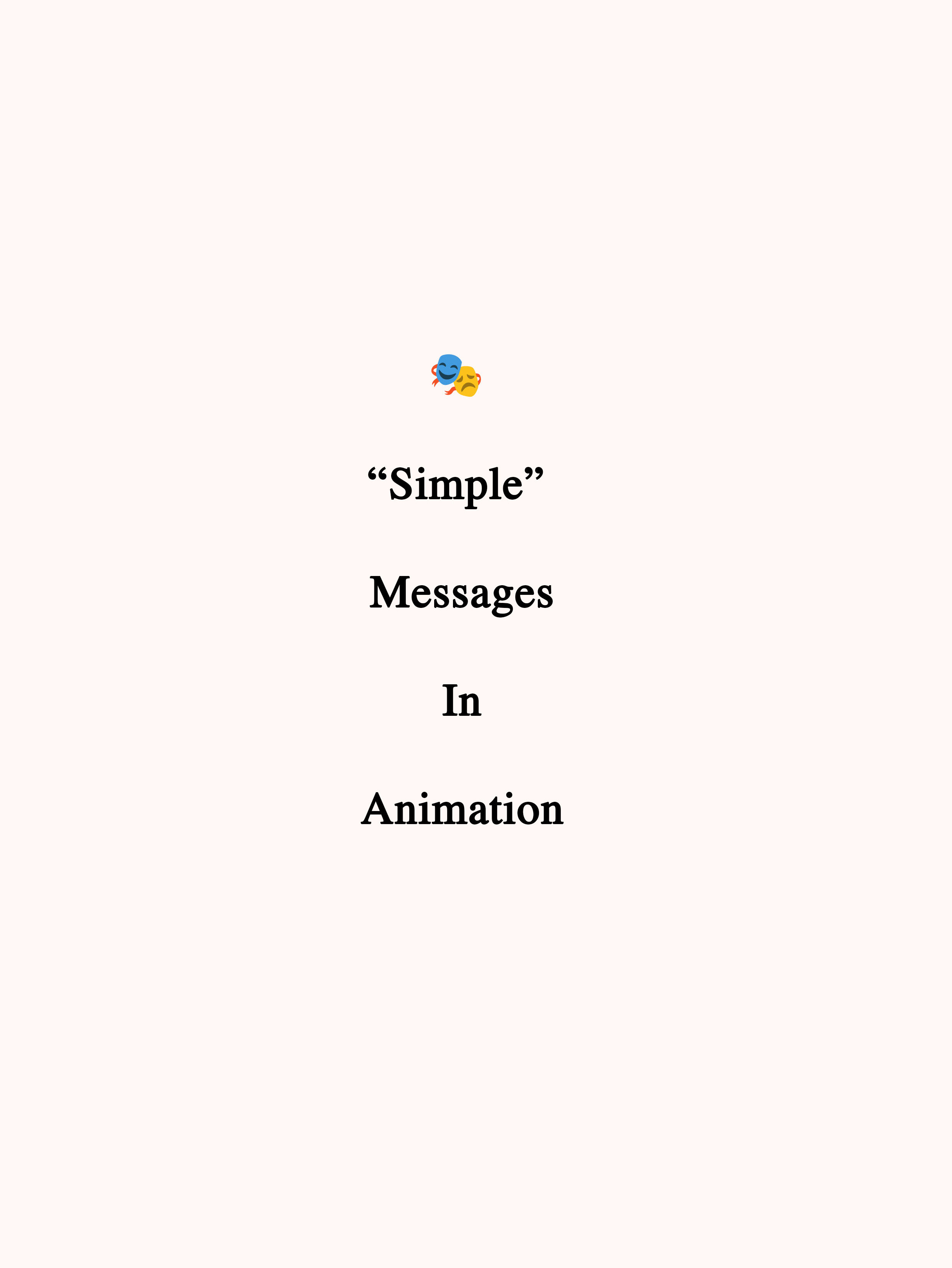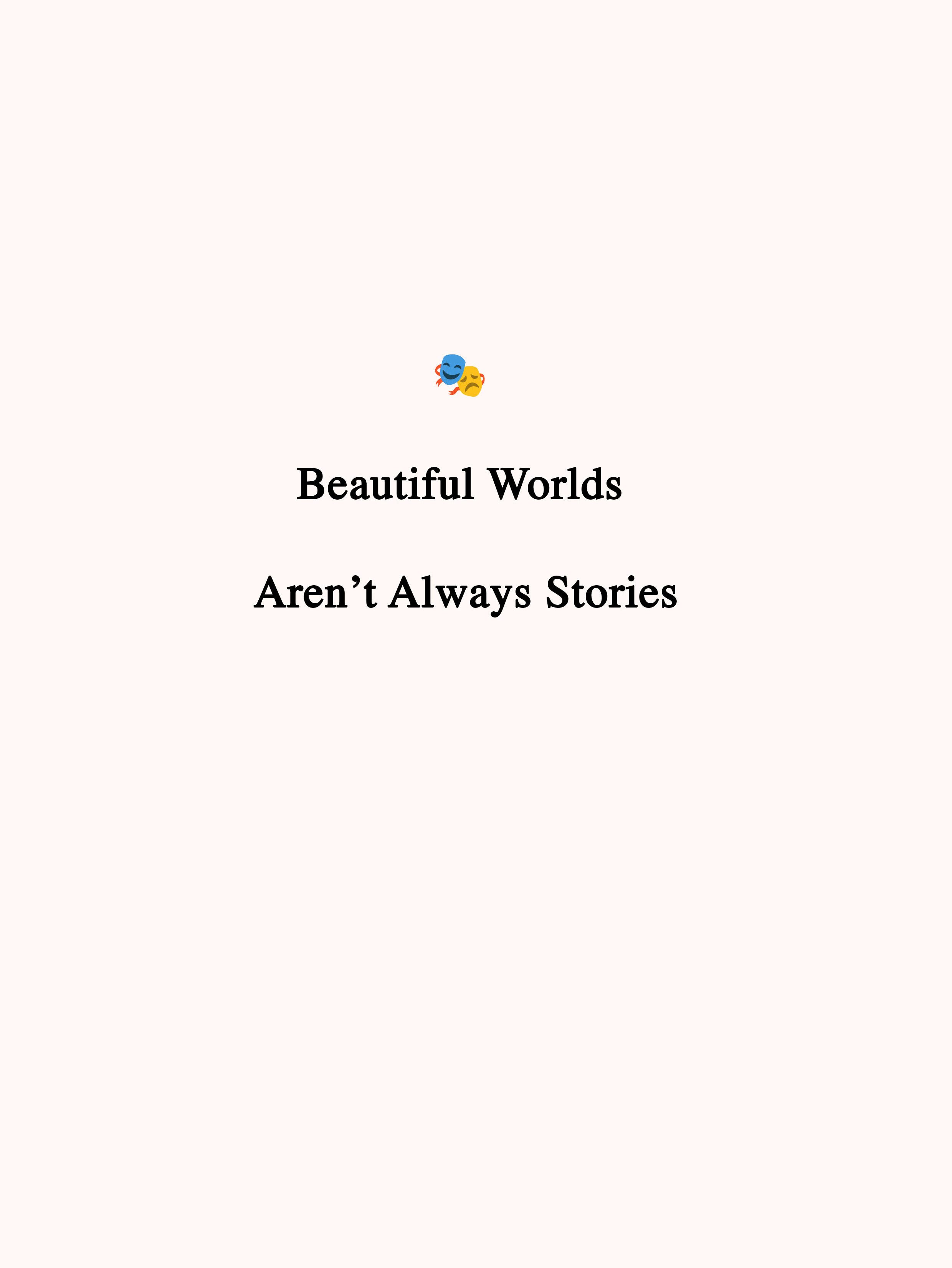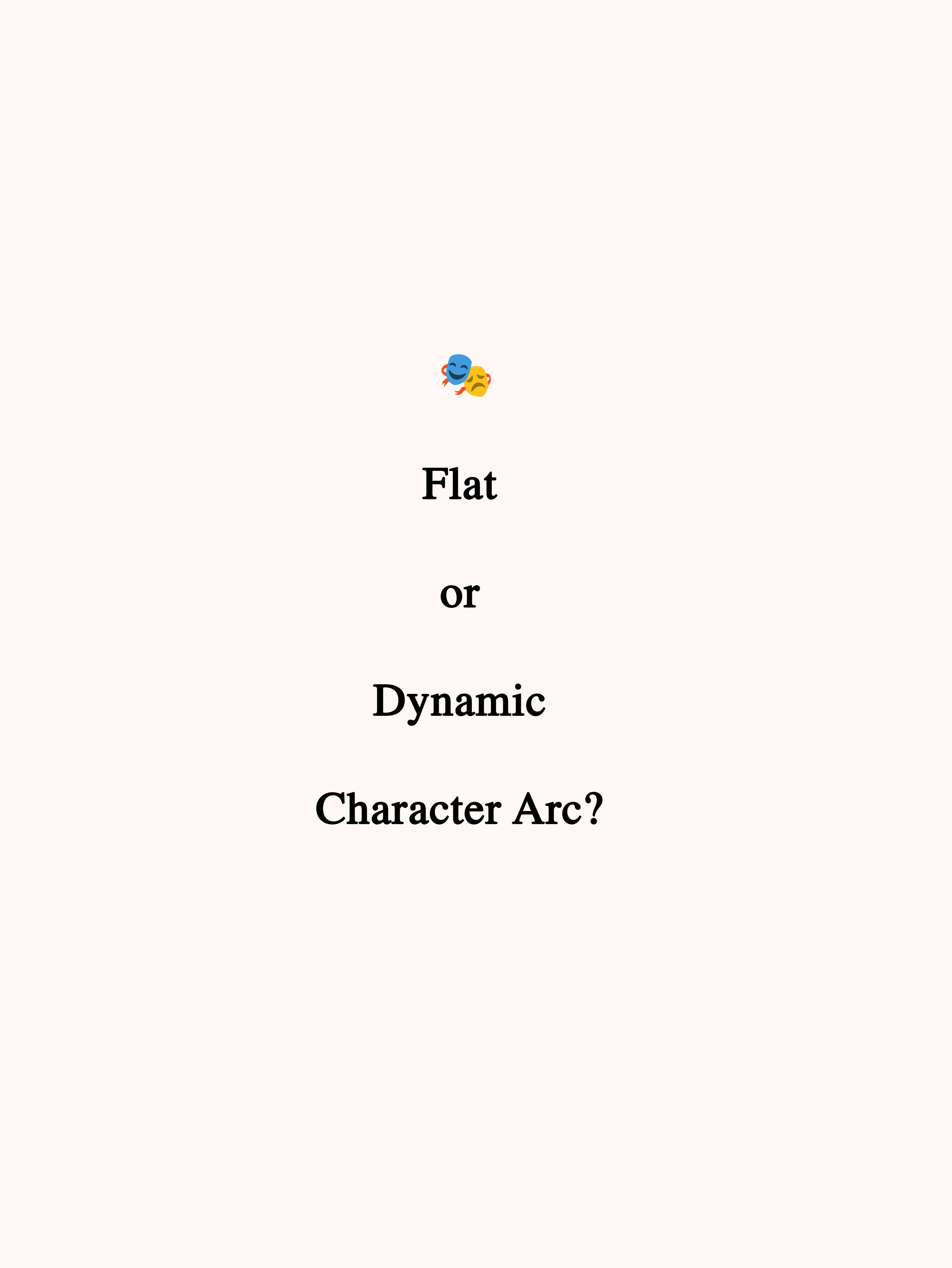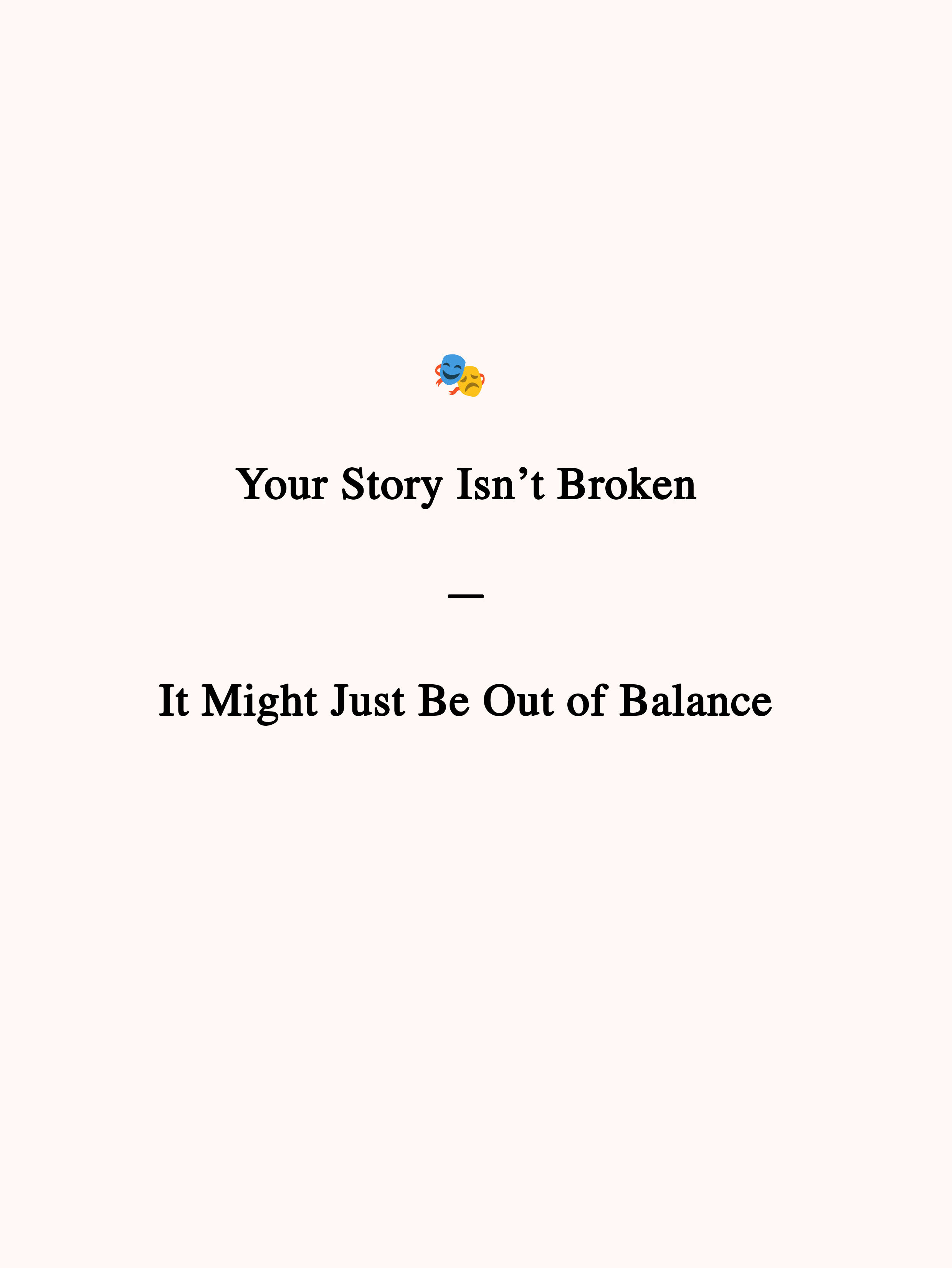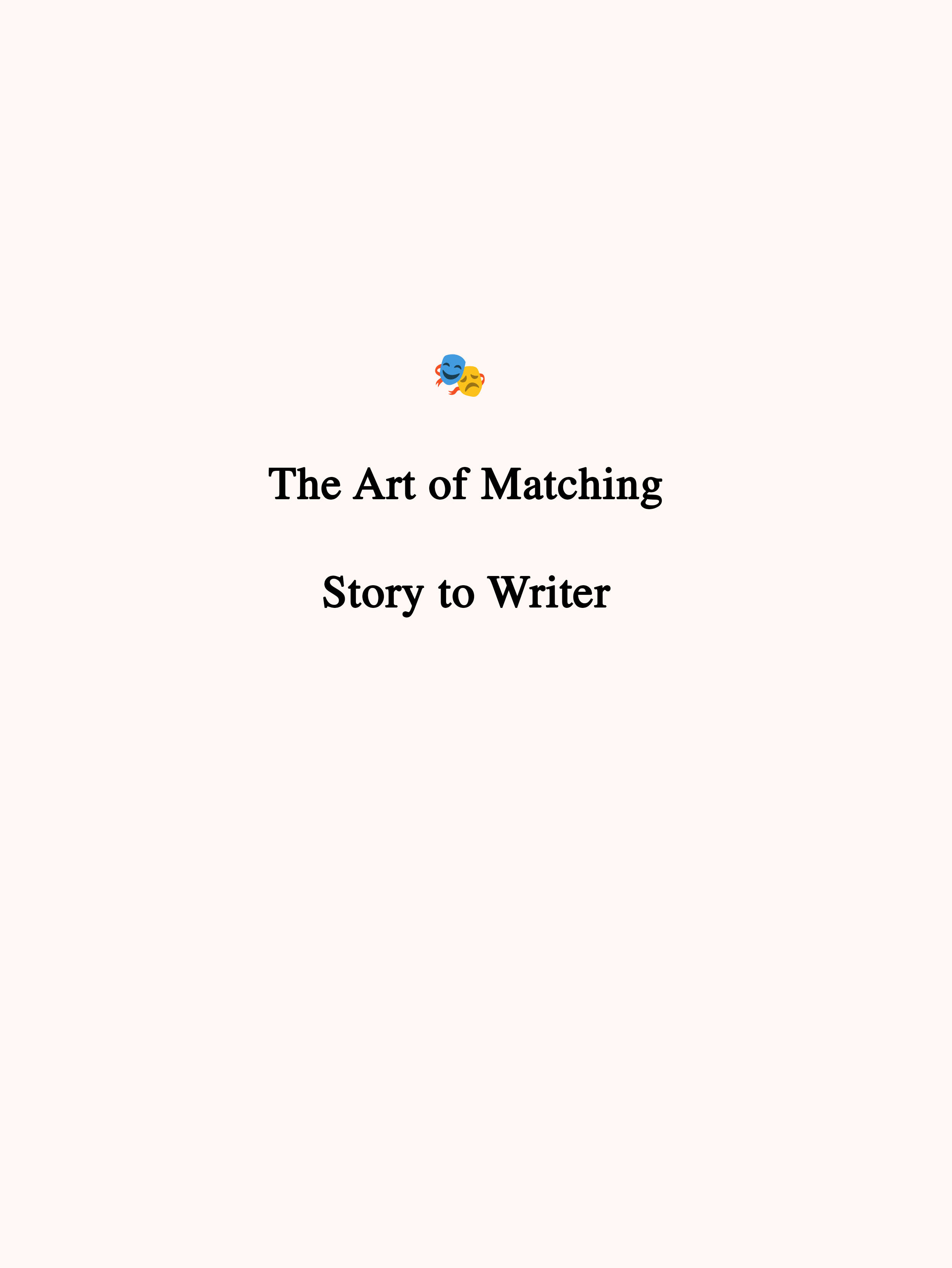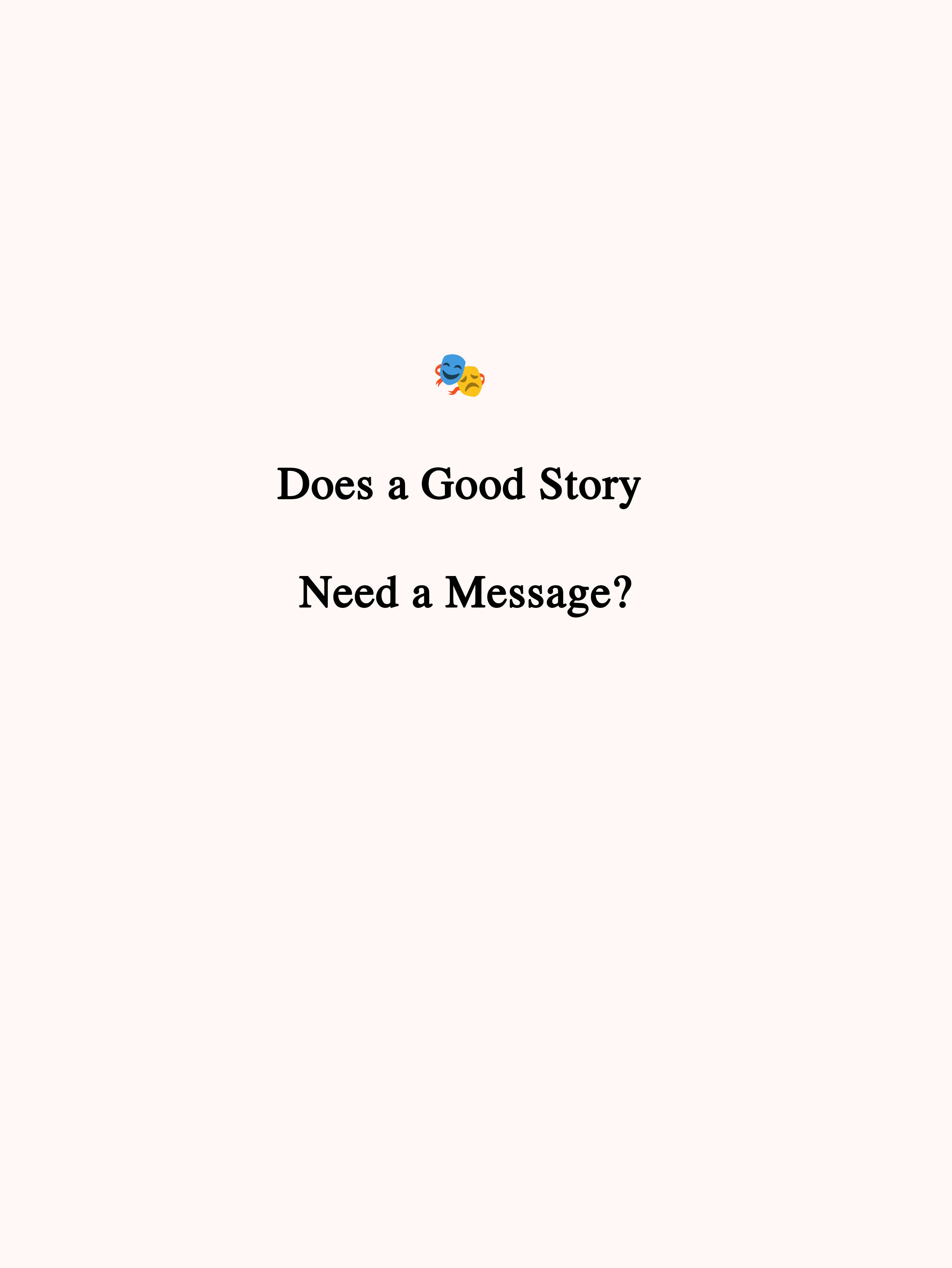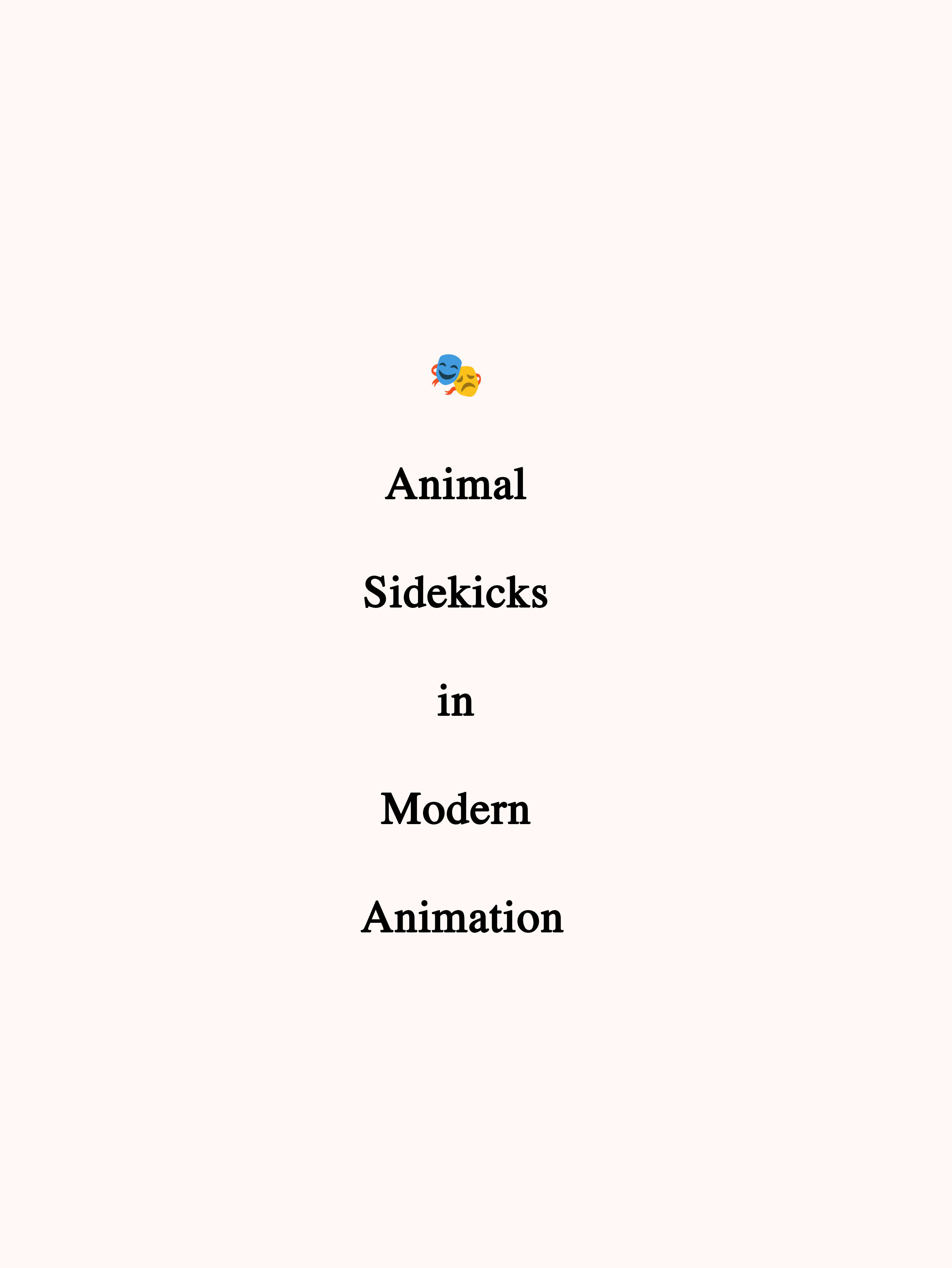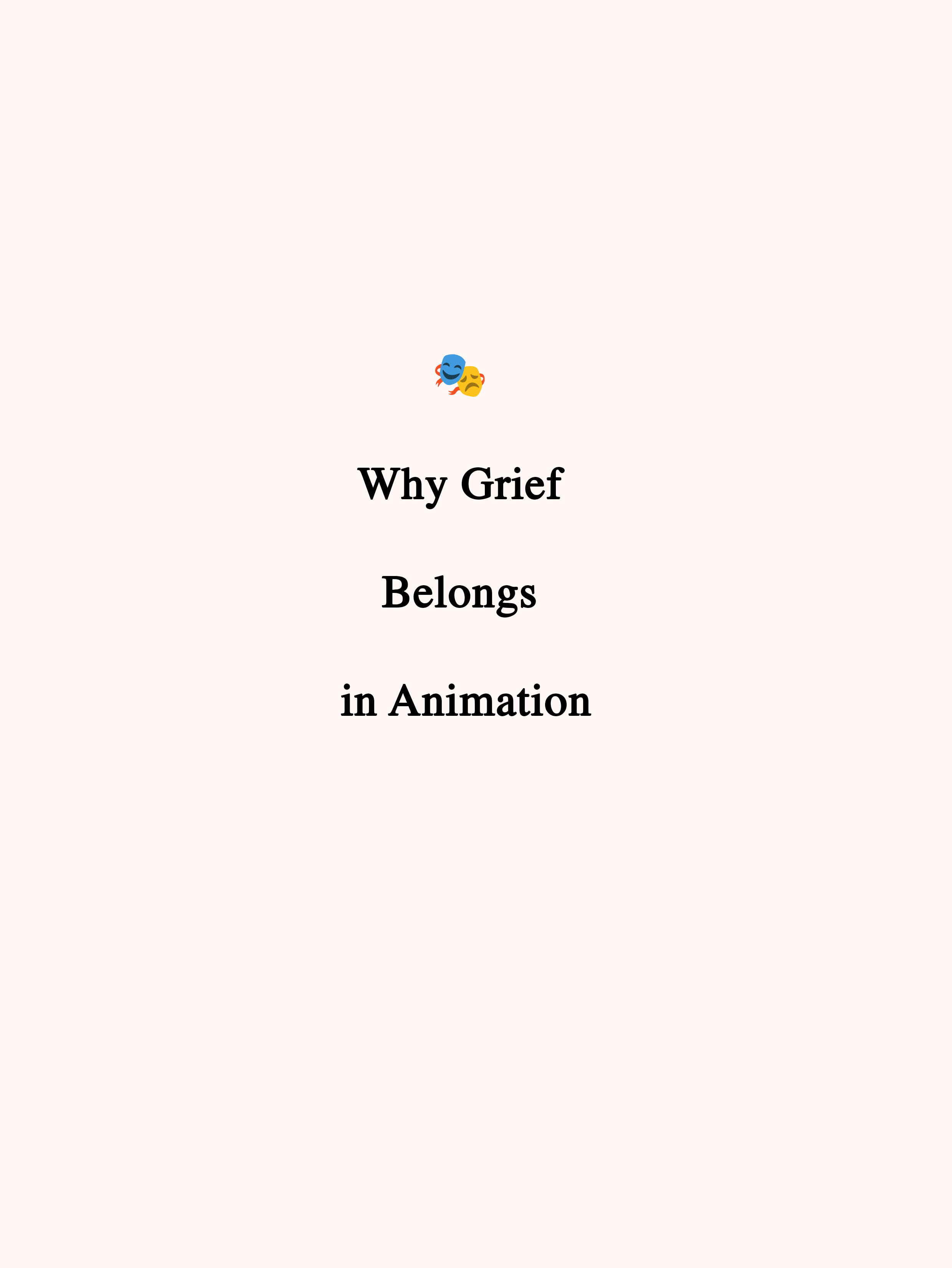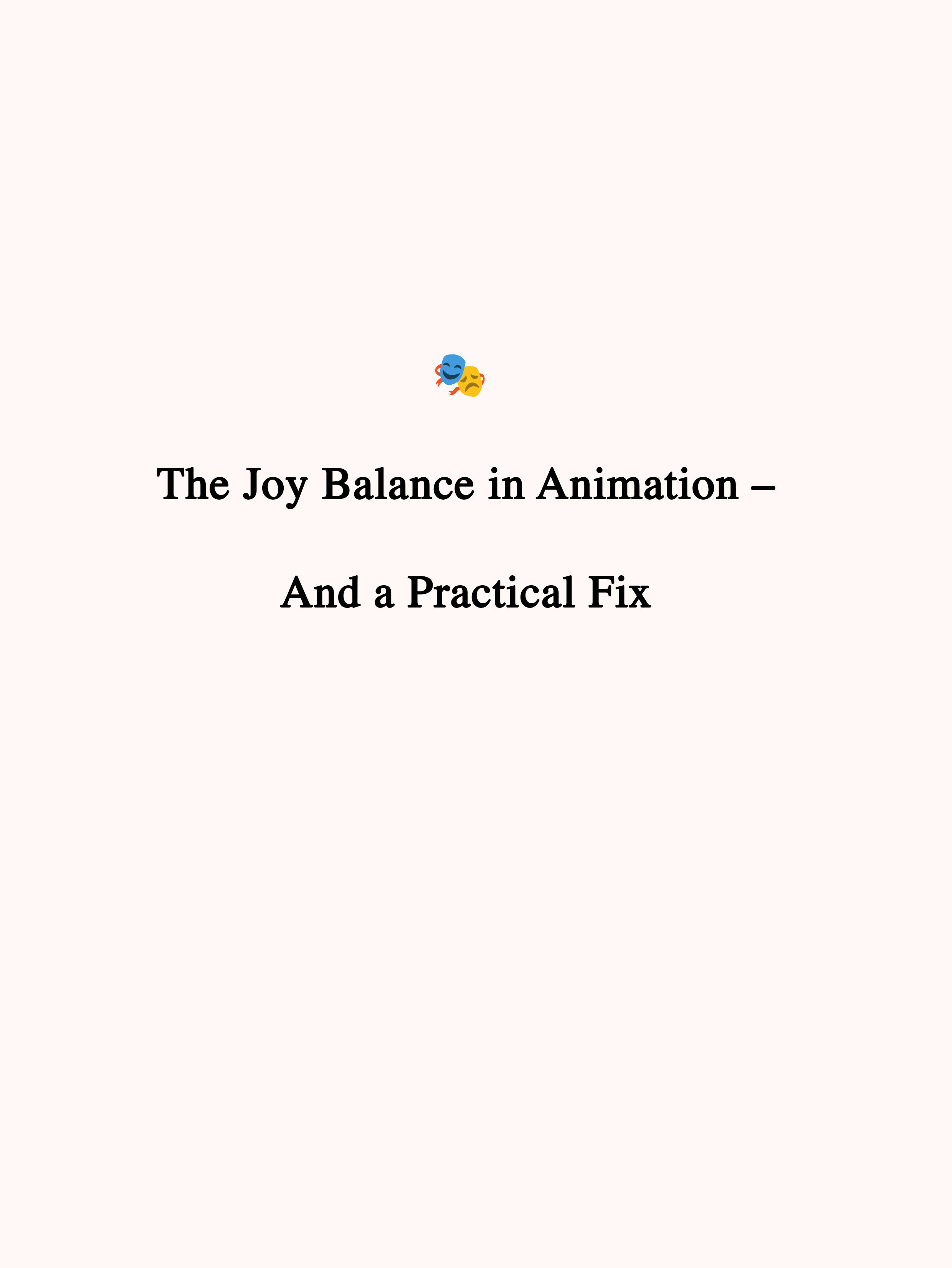The Double-Edged Sword of a Strong Premise
Some stories have a premise so charming, it can carry a movie before a single scene plays out.
Think:
🎮 Wreck-It Ralph – video game characters come to life
🧚♂️ Shrek – fairytale icons living ordinary lives
🧸 Toy Story – your childhood toys are secretly alive
🏹 The Hunger Games – televised survival with kids
🎀 Barbie – the plastic world meets the real one
These are golden concepts—fun, fresh, emotionally resonant. A single sentence can get a smile or spark curiosity. And that’s powerful. These kinds of premises often guarantee strong box office interest. People want to see it before they even know the plot.
But here’s the catch:
✨ A brilliant premise is not a substitute for structure.
Sometimes, a story leans too hard on its “hook.” The world is inventive, the jokes land, the nostalgia glows—but the emotional arc? The inner logic? The structural clarity? Missing.
And while the premise may carry it commercially, the story might not land critically. It’s the difference between walking out of a movie thinking, “That was clever!” vs. “That really moved me.”
Strong premise = audience in the theater.
Strong story = audience leaving fulfilled.
That’s why I believe the most sustainable approach is this:
Let the premise open the door, but let the story do the talking.
Because a great writer can make any topic sing.
(The Queen’s Gambit made chess feel electric to some.)
Charm can pull you in—but structure and soul are what stay with you.
What’s a movie or show you loved despite the story—or one where the story elevated a simple premise?
For me, that movie was Ralph Breaks the Internet. The jokes? Hilarious. The premise? So fun. But to this day, I’m still kind of confused by the actual story. I kept watching for the comedy and charm—but I didn’t leave feeling narratively satisfied. And that’s okay! It taught me something valuable as a writer: funny references and a cool world aren’t enough to make a masterpiece. The story still has to land.
On the flip side, Shrek is to me what it looks like when a charming premise is backed by solid story structure, emotional arcs, and real soul. It’s not just clever—it’s complete. And that’s why it holds up.
Some stories have a premise so charming, it can carry a movie before a single scene plays out.
Think:
🎮 Wreck-It Ralph – video game characters come to life
🧚♂️ Shrek – fairytale icons living ordinary lives
🧸 Toy Story – your childhood toys are secretly alive
🏹 The Hunger Games – televised survival with kids
🎀 Barbie – the plastic world meets the real one
These are golden concepts—fun, fresh, emotionally resonant. A single sentence can get a smile or spark curiosity. And that’s powerful. These kinds of premises often guarantee strong box office interest. People want to see it before they even know the plot.
But here’s the catch:
✨ A brilliant premise is not a substitute for structure.
Sometimes, a story leans too hard on its “hook.” The world is inventive, the jokes land, the nostalgia glows—but the emotional arc? The inner logic? The structural clarity? Missing.
And while the premise may carry it commercially, the story might not land critically. It’s the difference between walking out of a movie thinking, “That was clever!” vs. “That really moved me.”
Strong premise = audience in the theater.
Strong story = audience leaving fulfilled.
That’s why I believe the most sustainable approach is this:
Let the premise open the door, but let the story do the talking.
Because a great writer can make any topic sing.
(The Queen’s Gambit made chess feel electric to some.)
Charm can pull you in—but structure and soul are what stay with you.
What’s a movie or show you loved despite the story—or one where the story elevated a simple premise?
For me, that movie was Ralph Breaks the Internet. The jokes? Hilarious. The premise? So fun. But to this day, I’m still kind of confused by the actual story. I kept watching for the comedy and charm—but I didn’t leave feeling narratively satisfied. And that’s okay! It taught me something valuable as a writer: funny references and a cool world aren’t enough to make a masterpiece. The story still has to land.
On the flip side, Shrek is to me what it looks like when a charming premise is backed by solid story structure, emotional arcs, and real soul. It’s not just clever—it’s complete. And that’s why it holds up.

